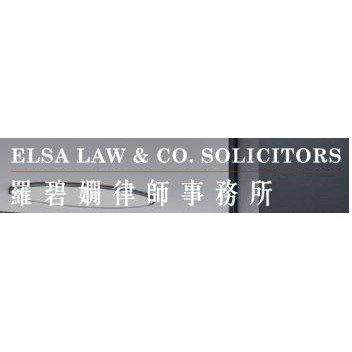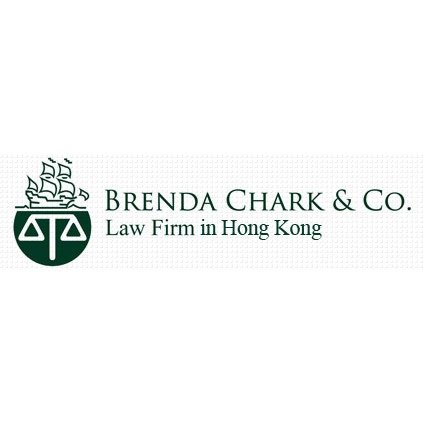Best Retirement Lawyers in Wanchai
Share your needs with us, get contacted by law firms.
Free. Takes 2 min.
List of the best lawyers in Wanchai, Hong Kong
About Retirement Law in Wanchai, Hong Kong
Retirement law in Wanchai, Hong Kong is as diverse and complex as the city itself. It revolves primarily around Mandatory Provident Fund (MPF) schemes and other pension-related laws, which are designed to provide financial security for residents after retirement. Salary earners are generally required to contribute to an MPF scheme, by both employee and employer contributions. Furthermore, voluntary individual savings and private market coverage such as annuities or life insurance often complement the mandatory funded schemes.
Why You May Need a Lawyer
Retirement law encompasses various aspects from estate planning, taxation, retirement schemes to pensions and more. You may need a lawyer to guide you on these varying aspects or to help resolve disputes related to retirement funds. Legal help can be beneficial when you’re wrongly denied benefits, if there are disputes over interpretation of your retirement scheme rules, or if you face discrimination at work based on age. An experienced lawyer can also assist in the strategic planning of your retirement funds and investments to help secure a financially stable future.
Local Laws Overview
The primary local legislation related to retirement in Wanchai, Hong Kong is the Mandatory Provident Fund Schemes Ordinance. This Ordinance requires both employers and employees to make regular mandatory contributions to a pension fund. As of 2021, the minimum relevant income level is HK$7,100 per month and the maximum relevant income level is HK$30,000 per month. For part-time workers with income less than $7,100 monthly, only the employer's contribution is mandatory. Additionally, there are stipulations related to tax benefits and penalties, vesting schedules, and withdrawal restrictions for these funds.
Frequently Asked Questions
1. When can I retire in Hong Kong?
The statutory retirement age in Hong Kong varies across industries, though it is commonly set at 60. However, the age at which you can begin to withdraw from your MPF Scheme is 65.
2. Can I withdraw my MPF before retiring?
Apart from retirement, MPF can also be withdrawn on grounds of early retirement at the age of 60, permanent departure from Hong Kong, total incapacity, terminal illness, or death.
3. What are the penalties for early withdrawal?
Early withdrawal is usually subject to a tax penalty unless it is due to total incapacity, terminal illness, or permanent departure from Hong Kong.
4. Can I continue to work after retirement?
Yes, in Hong Kong there are no regulations prohibiting employment after retirement.
5. Is it mandatory for self-employed people to contribute to MPF?
Yes, even self-employed people are generally required to enroll in an MPF scheme and make regular contributions based on their relevant income.
Additional Resources
The Mandatory Provident Fund Schemes Authority (MPFA) and the Labour Department of Hong Kong Government are two of the main organizations that manage retirement related affairs. You can also refer to resources like Hong Kong Retirement Schemes Association, and various law firms specializing in employment and retirement law in Hong Kong for specific guidance.
Next Steps
If you need legal advice related to retirement, you should consider reaching out to a law firm that specializes in retirement or employment law. Provide them with all the relevant information and documents related to your case, and discuss the best possible course of action. Regardless of your specific circumstances, it's important to take proactive steps to understand and protect your legal rights and financial interests in retirement.
Lawzana helps you find the best lawyers and law firms in Wanchai through a curated and pre-screened list of qualified legal professionals. Our platform offers rankings and detailed profiles of attorneys and law firms, allowing you to compare based on practice areas, including Retirement, experience, and client feedback.
Each profile includes a description of the firm's areas of practice, client reviews, team members and partners, year of establishment, spoken languages, office locations, contact information, social media presence, and any published articles or resources. Most firms on our platform speak English and are experienced in both local and international legal matters.
Get a quote from top-rated law firms in Wanchai, Hong Kong — quickly, securely, and without unnecessary hassle.
Disclaimer:
The information provided on this page is for general informational purposes only and does not constitute legal advice. While we strive to ensure the accuracy and relevance of the content, legal information may change over time, and interpretations of the law can vary. You should always consult with a qualified legal professional for advice specific to your situation.
We disclaim all liability for actions taken or not taken based on the content of this page. If you believe any information is incorrect or outdated, please contact us, and we will review and update it where appropriate.












